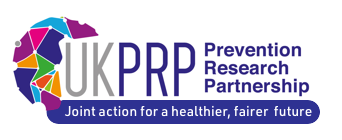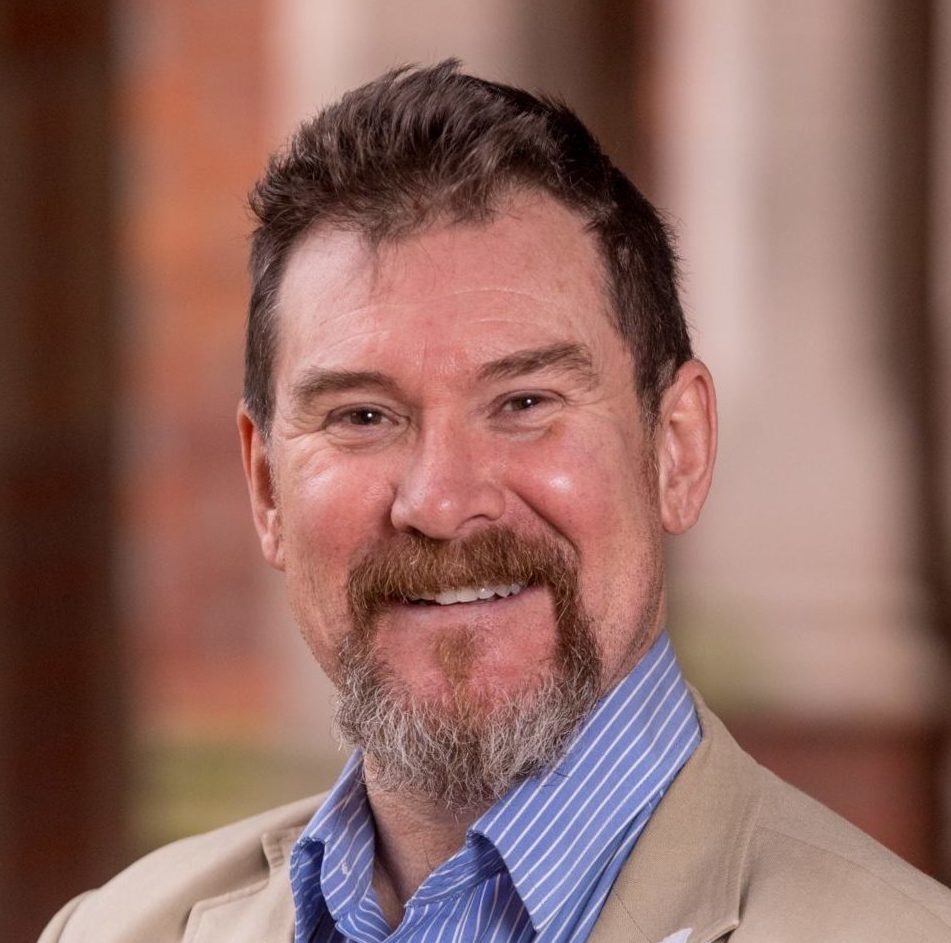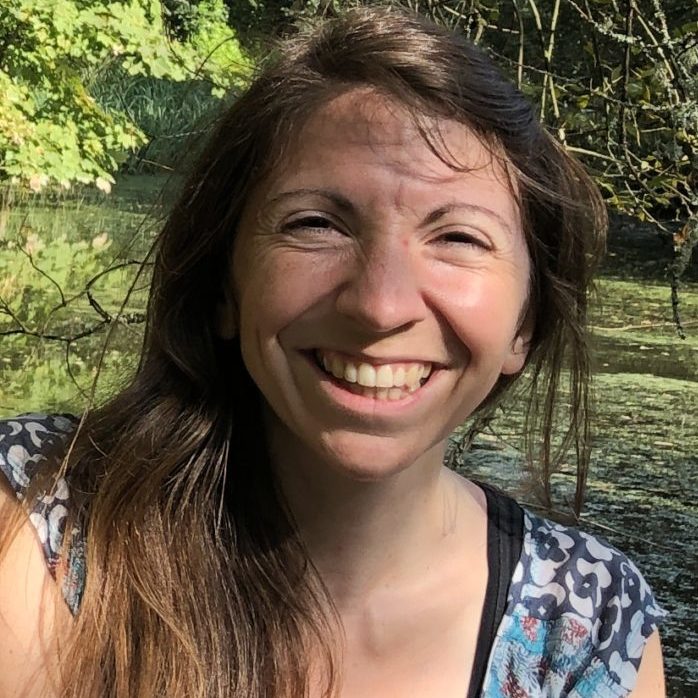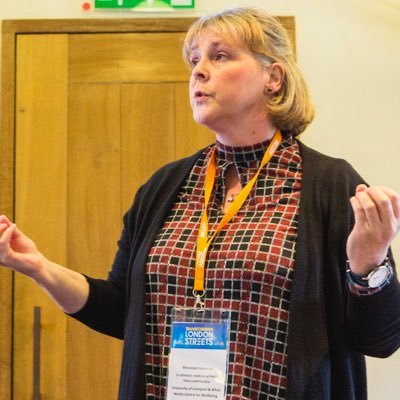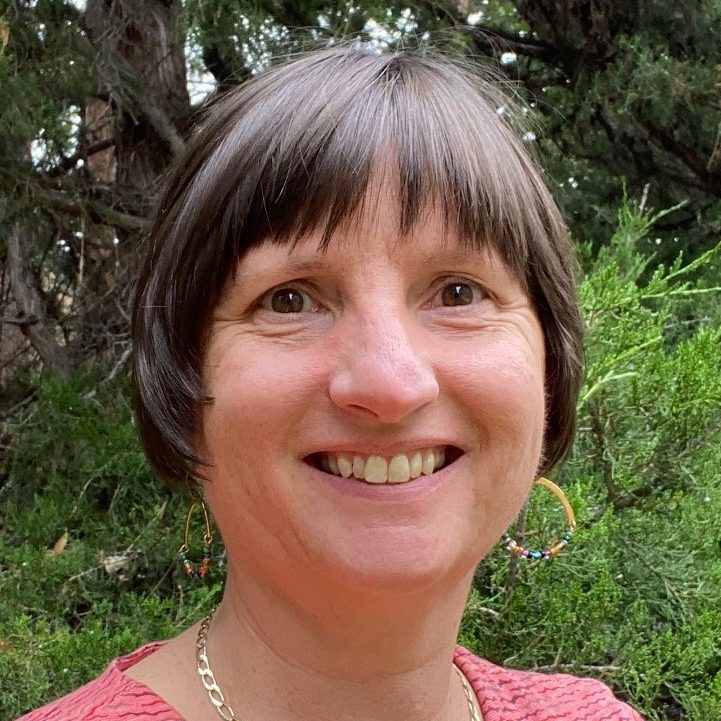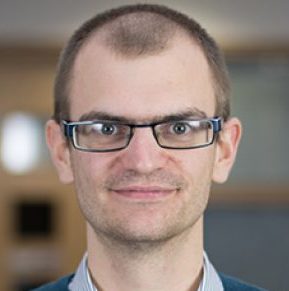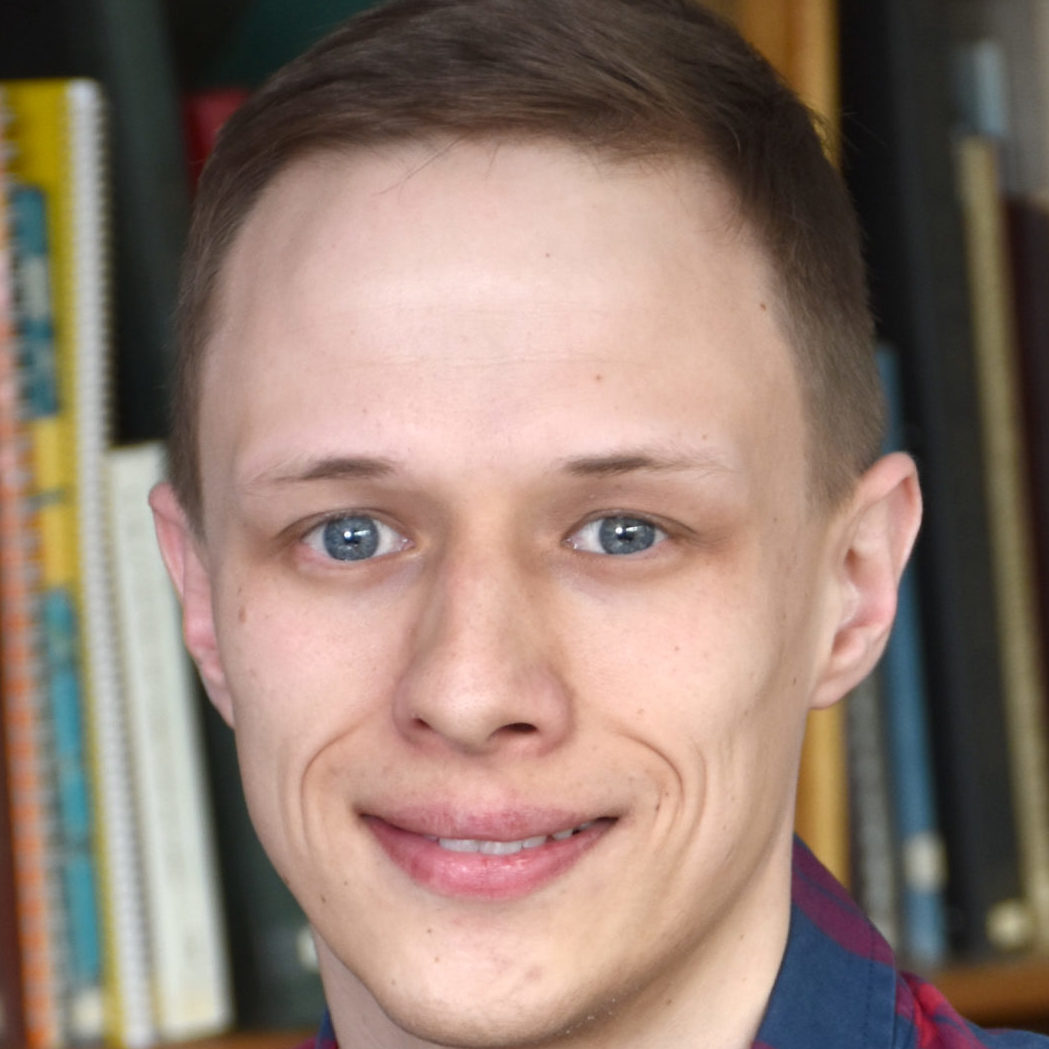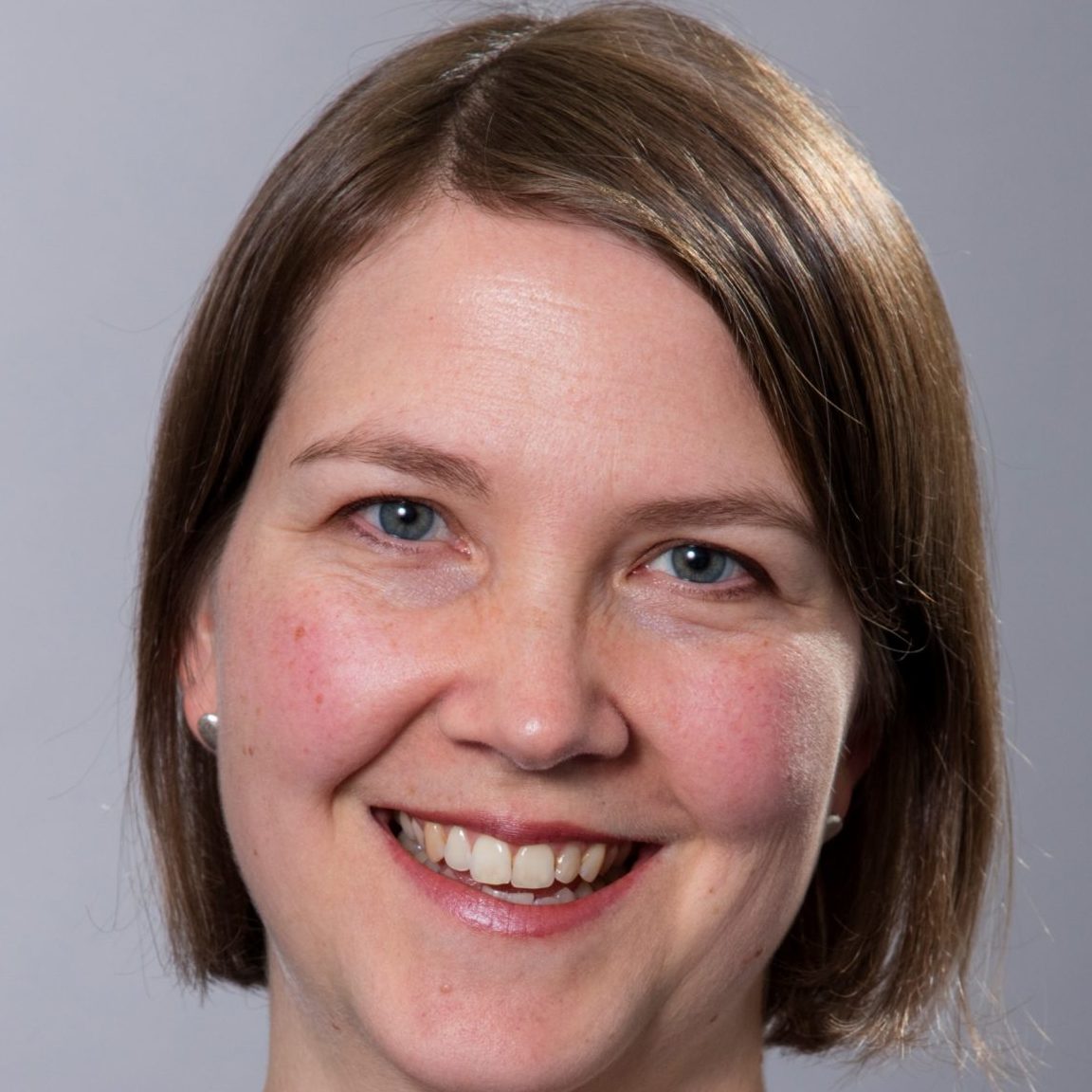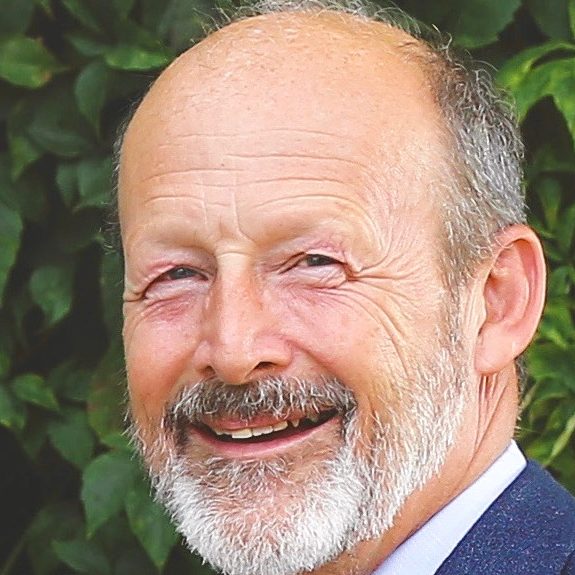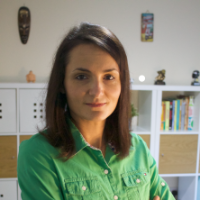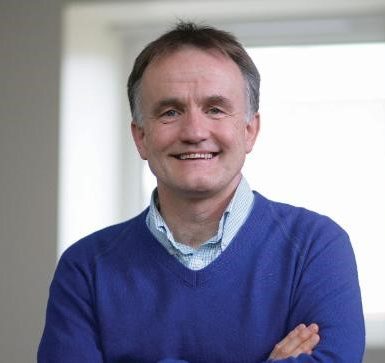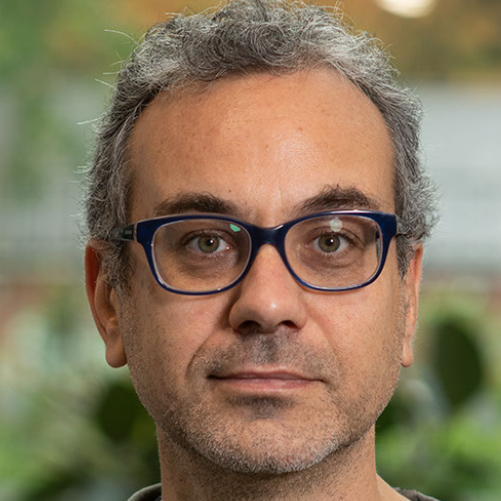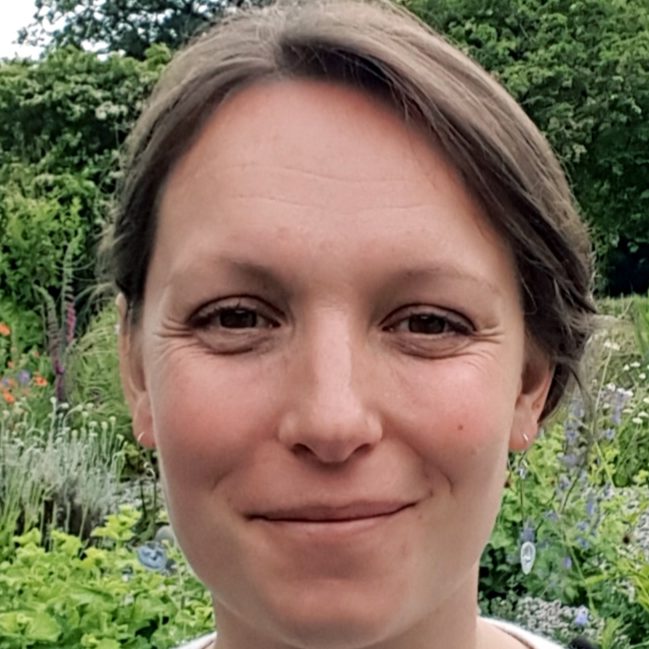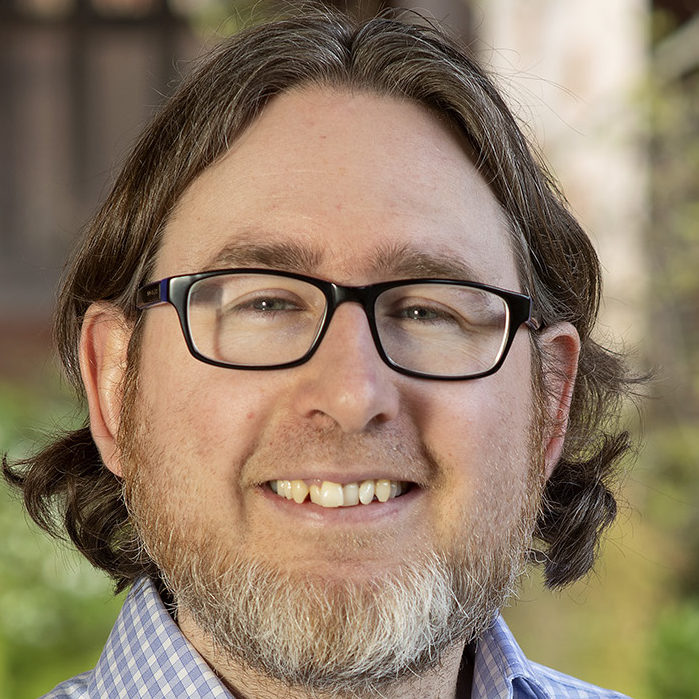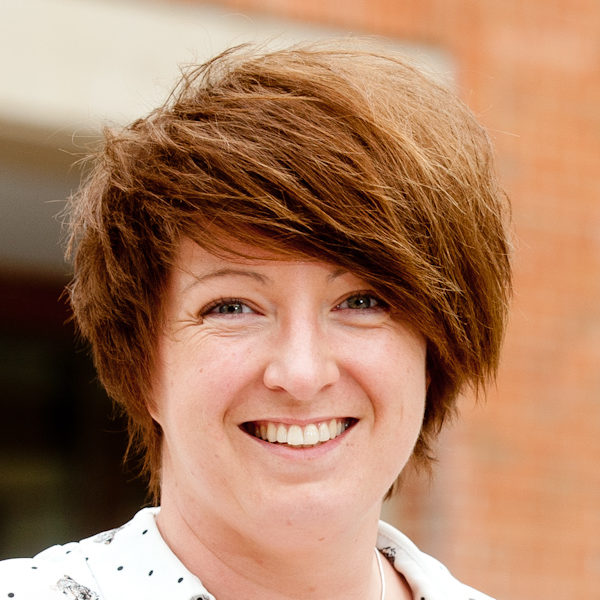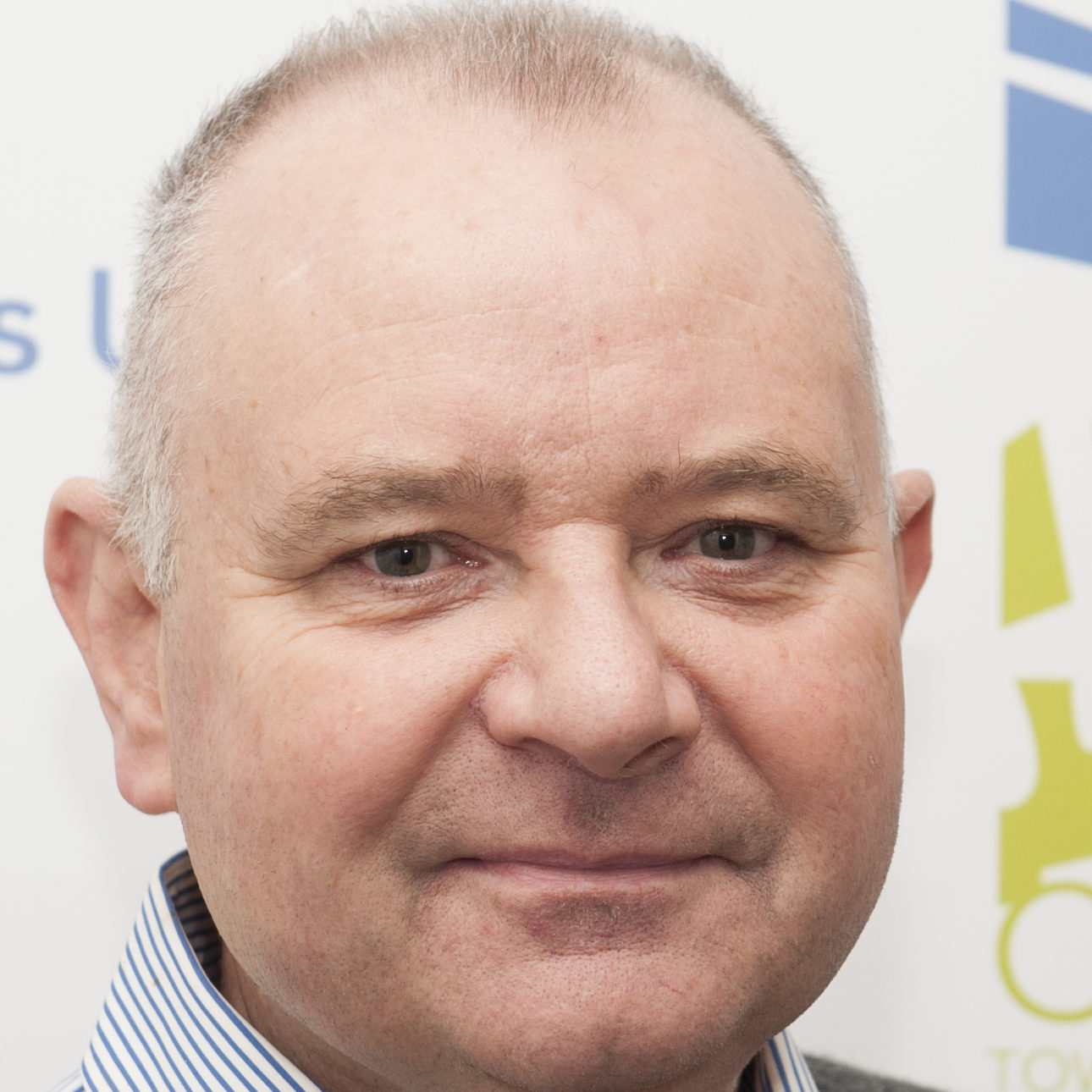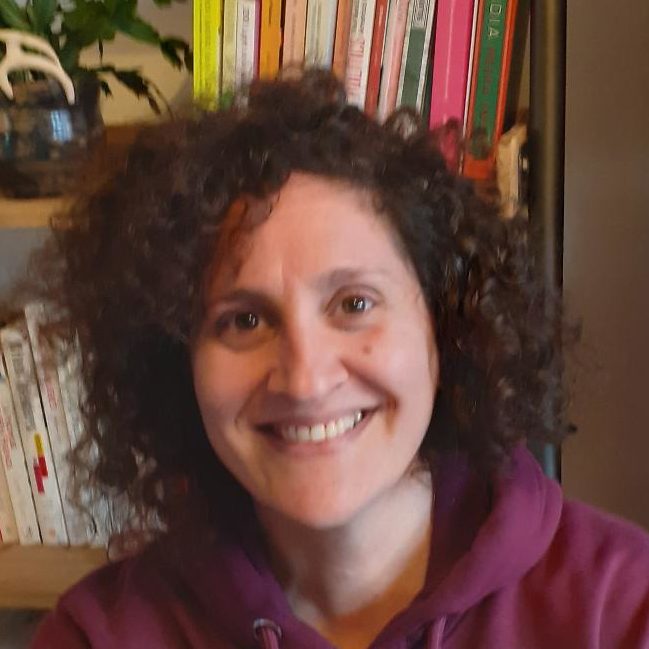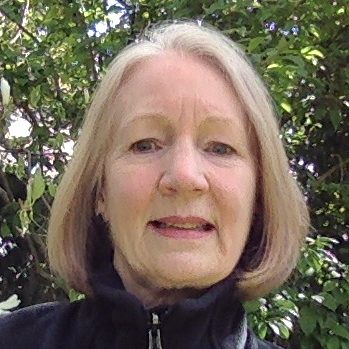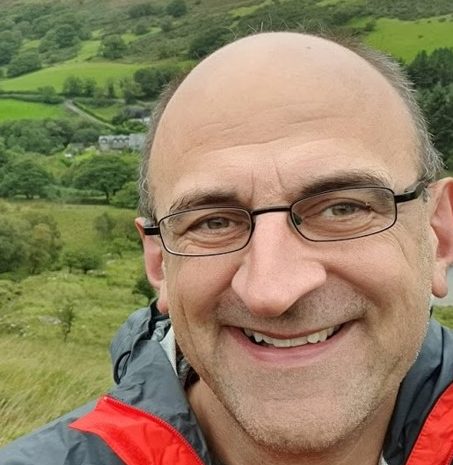Community-engaged and Data-informed Systems Transformation of Urban Green and Blue Space for Population Health
UKPRP award £7.1 million for 5 years, with additional in-kind investment from the consortium’s partners
GroundsWell aims to drive community innovation applying systems science that maximise the contribution of Urban Green and Blue Space to the primary prevention of, and reduction of inequalities in, non communicable diseases (NCD) in urban settings.
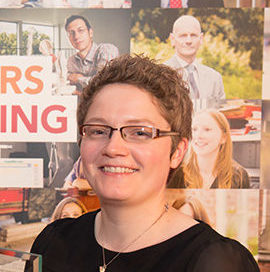
Professor Ruth Hunter
Professor of Public and Planetary Health
Professor Ruth Hunter is a public health researcher with methodological expertise in complexity and systems science. Her work primarily involves investigating how we can improve our urban environment for better population health, including evaluation of natural experiments (such as large-scale urban regeneration programmes), development and testing of complex interventions and interventions in complex systems. She is a member of the Public Health Research funding panel for the National Institute for Health Research, and the WHO expert panels on urban green space interventions, Non Communicable Disease prevention, Health and the Sustainable Development Goals and other aspects of urban environment and health, and an executive board member for the WHO Belfast Healthy Cities and Connswater Community Greenway.
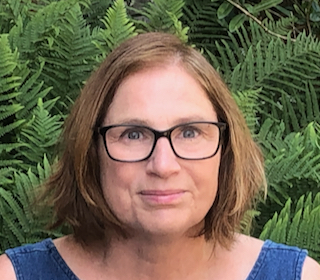
Professor Ruth Jepson
Professor of Public Health in Social Science; Director Scottish Collaboration for Public Health Research and Policy
Prof Ruth Jepson is Personal Chair of Public Health, School of Health in Social Science at The University of Edinburgh and Director of the Sottish Collaboration for Public Health Research and Policy (SCPHPR). Her methodological expertise is in developing and evaluating complex public health interventions and co-production. Her current research interests are broad, but has a specific interest in promoting health and wellbeing in the outdoor environment. She is particularly interested in undertaking research in partnership with service providers and users and citizen science. She has been involved in the development of two Citizen Science Apps, Our Outdoors and Coronareport App. Find further information on the apps on the Spotteron website.
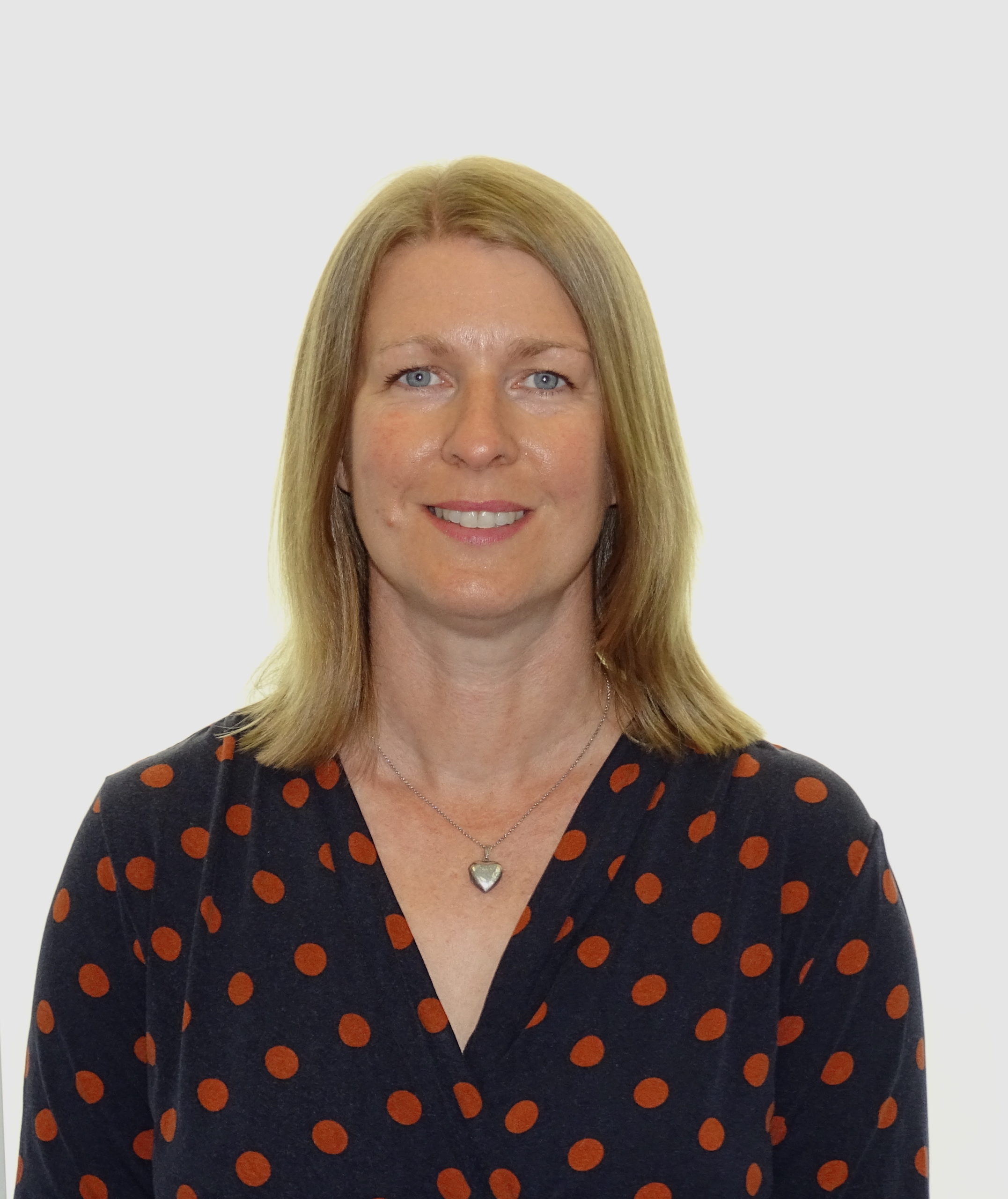
Professor Sarah Rodgers
Professor of Health Informatics in Public Health, Policy and Systems
Professor Sarah Rodgers is a health data scientist with methodological expertise in evaluating complex public health interventions and policy changes using large routinely collected administrative datasets. Her research focuses on using safe haven data that have been linked across health, social and environmental domains to explore the impact of exposures such as decent housing conditions, alcohol outlets, pollution, and natural outdoor spaces, on health and wellbeing. Since 2018 Sarah leads the Care and Health Informatics theme of the NIHR Applied Research Collaboration for the Northwest Coast. Sarah joins the NIHR School for Public Health Research as capacity building lead for LiLaC. Sarah is particularly interested in working with local governments to harness data collected in sectors not usually thought to impact health, to inform local and national disease prevention strategies to reduce health inequity.
Our research
Our interdisciplinary researchers, collaborating with stakeholders and citizens, will use urban green/blue spaces (UGBS) as an exemplar to optimise innovative systems-based approaches that work with, and for, communities at high risk of NCD. We will transform systems and community approaches to create urban environments optimising health and co-benefits, while reducing inequalities. Initiating a step change in inclusive research and policy, we work towards the democratisation of research and evidence use. Communities as partners will enable delivery of optimal solutions to inform and innovate action on health inequalities and NCD prevention.
Whole system mechanisms of action will be determined through interconnected work packages: 1) co-developing a systems-oriented framework of how UGBS impacts NCD; 2) agent-based modelling to simulate complex adaptive systems to explore how UGBS transformations will reduce inequalities in NCD; 3) working with communities and stakeholders to co-develop and evaluate local UGBS interventions using citizen science approaches; 4) curating a shared data repository with UGBS features valued by policy and communities, developing health and NCD indicators at multiple scales to inform and evaluate UGBS interventions; 5) generating evidence on economic impacts of UGBS interventions; 6) identifying pragmatic, systems-level actions to improve policy- and decision-making for equity and sustainability; 7) implementing a stakeholder-informed impact strategy. Our cross-cutting health inequalities theme will embed the consideration of inequalities throughout GroundsWell. Groundswell will be shaped and developed in three pioneer cities (Belfast, Edinburgh, Liverpool), with embedded translational mechanisms to ensure UK-wide and global reach.
Consortium members
GroundsWell’s membership includes:
- co-investigators with varied expertise, including in public health, complexity science, data science, health, social and environmental psychology, health, social and environmental economics, political science, urban planning, landscape architecture, health geography, law, anthropology, computer science and social science.
- users from Belfast, Edinburgh and Liverpool City Councils, Public Health Agencies of England, Scotland and Northern Ireland, Greenspace Scotland, Scottish Forestry, Edinburgh and Lothians Health Foundation, Department for Infrastructure Northern Ireland, Belfast Healthy Cities, Climate Northern Ireland, Health Data Research UK, Administrative Data Research Centre, NatureScot, Mersey Care NHS Foundation Trust, Liverpool City Region Combined Authority, Liverpool Health Partners, NHS Liverpool Clinical Commissioning Group, the Scottish Government, Edinburgh Health and Social Care Partnership, HSC Research and Development Office Northern Ireland.
- charities and Non-Governmental Organisations such as EastSide Partnership, Ashton Centre, Regenerus, Sustrans, Cycling UK, CHANGES, The Mersey Forest .
- Industry partners such as Spotteron, Translink, Anaeko, AECOM Ltd, The Paul Hogarth Company and Moai Digital Ltd.
John Barry
Professor of Green Political Economy and Co-Director of the Centre for Sustainability, Equality and Climate Action
Benjamin Barr
Professor in Applied Public Health Research and Head of WHO Collaborating Centre For Policy Research on Determinants of Health Equity
Mike Clarke
Director of Northern Ireland Methodology Hub and Director of Northern Ireland Clinical Trials Unit
Natalie Clewley
Lecturer in Human Aspect of Cyber Information and Decision Management
Jeni Cross
Director of Institute for Research in the Social Sciences and Professor of Sociology
Frank Kee
Professor of Public Health Medicine and Director of Centre for Public Health
Catharine Ward-Thompson
Professor of Landscape Architecture and Director of OPENspace research centre
